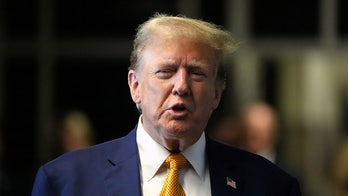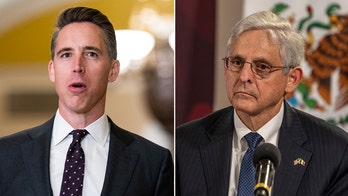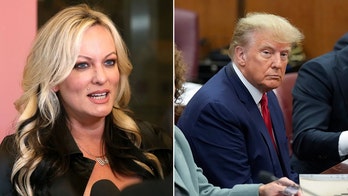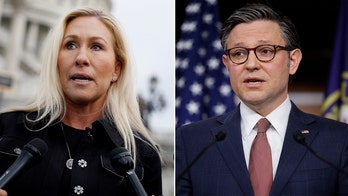Automakers soon might have to face down their own personal bogeyman -- Chapter 11 bankruptcy -- after Senate Republicans blocked a $14 billion bailout package intended to carry the ailing Big Three through the first quarter of 2009.
But is bankruptcy all that bad?
Auto industry supporters have dismissed it as a destructive option. They warn that the very word "bankruptcy" would be like Kryptonite to car buyers apprehensive about obtaining parts or servicing for new cars.
Yet a number of major corporations have gone down that road and emerged on solid footing. Some analysts contend the automakers should likewise accept a pre-packaged bankruptcy deal as a way to return to profitability.
"The key factor here is that for these companies to survive and prosper over the long term, they need to shrink to meet economic realities," said Andrew Grossman, senior legal analyst at the conservative Heritage Foundation.
Continental Airlines is one of the best examples of a major company that's taken the Chapter 11 route -- twice -- and now is quite healthy. Delta and US Airways also have risen from the ashes of bankruptcy.
Kmart, Winn-Dixie, Dow Corning and Trump hotels and casinos also have continued operations under the conditions of bankruptcy.
"There's an ability to obtain new financing, to attract capital, because you improved the balance sheet and you improved the financial structure of the company," said bankruptcy attorney Michael L. Bernstein. "And then the company becomes more attractive for new capital."
Chapter 11 allows corporations, partnerships and even individuals drowning in red ink to declare themselves bankrupt and then begin re-organizing their assets -- and debts -- under the supervision of a court-appointed trustee.
There are advantages to this process. Under Chapter 11, a publicly held company can continue to trade on major stock exchanges while seeing its debts restructured, and in some cases eliminated.
As the company regains its footing, creditors typically are paid back first, followed by stockholders.
But for now, supporters of the failed bailout bill are banking on the White House, not Chapter 11, to prevent the collapse of Detroit's Big Three.
Indeed, a recent FOX News-Opinion Dynamics poll showed a clear majority of people would not purchase a car from a bankrupt automaker.
The Treasury Department put out a written statement Friday saying it was prepared to act to forestall an "imminent failure" of the industry. The White House said it would consider tapping money in the Wall Street bailout fund approved earlier this year by Congress.
Ron Gettelfinger, president of the United Auto Workers, reiterated during a press conference Friday that "bankruptcy is not an option" and warned of widespread consequences of such a scenario.
"It won't just be one company that's impacted. It'll be two, three, others," he said. "The supply bases -- they'll all be impacted. Every auto manufacturer in this country, some much worse than others."
General Motors CEO Richard Wagoner warned at congressional hearings Dec. 5 that bankruptcy would "cream our revenues," preventing the company from ever cutting costs.
FOX News' James Rosen contributed to this report.




